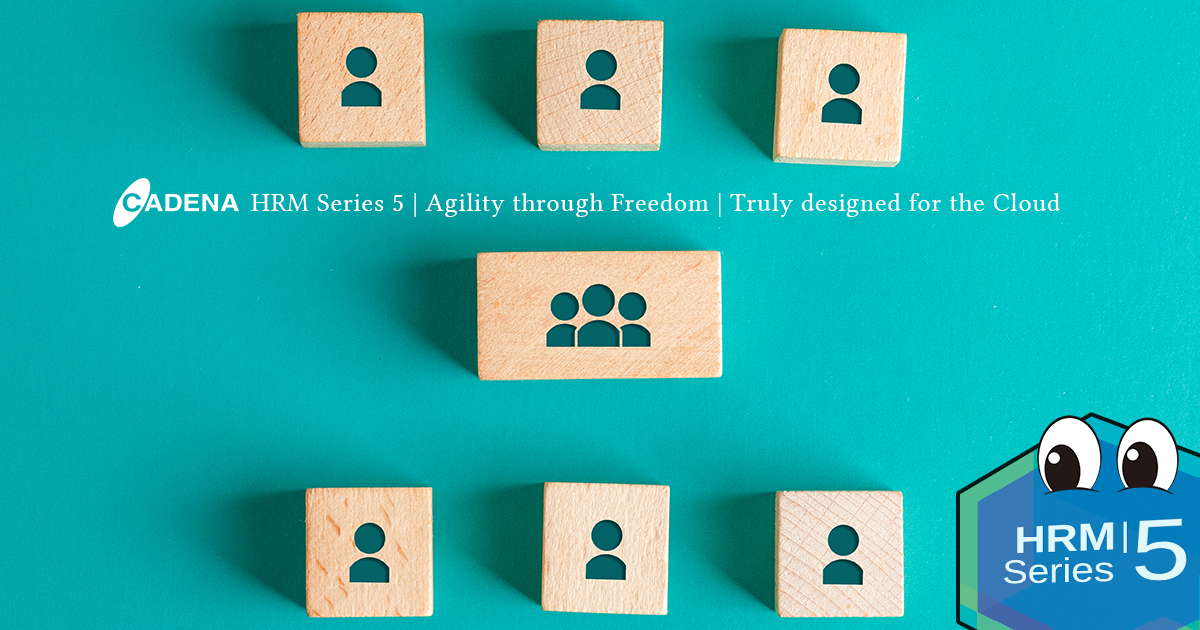Employee performance appraisal is essential to any organization’s human resource management system. It is a tool used to measure an employee’s job performance, productivity, and contributions to the organization. Traditionally, appraisals were conducted manually, which often resulted in biased evaluations, inaccurate data, and a lack of transparency. However, with the advent of digital technology, the appraisal process can now be conducted more efficiently, transparently, and objectively. In this article, we will discuss why digitalizing your organization’s appraisal is important and the benefits it brings.
The Need for Digitalizing Talent Management
Traditional appraisals were often subjective, which means that the evaluation was based on the personal biases and opinions of the evaluator. This could lead to unfair and inaccurate evaluations, which could demotivate employees and lead to high turnover rates. Moreover, manual appraisals are often time-consuming, expensive, and prone to errors. Hence, digitalizing the appraisal process can help eliminate these issues and provide a more objective and data-driven evaluation.
Biased appraisals are one of the most significant problems with traditional performance appraisals. Here are some examples of biased appraisals:

1. Halo Effect: This occurs when the evaluator gives a high rating to an employee based on one positive trait or characteristic while ignoring other negative traits.
2. Horns Effect: The opposite of the halo effect, this occurs when the evaluator gives a low rating to an employee based on one negative trait or characteristic, while ignoring other positive traits.
3. Similar-to-Me Bias: This occurs when the evaluator gives a high rating to an employee who is similar to them in terms of gender, race, ethnicity, or background.
4. Contrast Effect: This occurs when the evaluator compares an employee’s performance with that of their colleagues, rather than evaluating them on their own merits.
Digitalized Appraisals Reduce Turnover Rates
One of the biggest advantages of digitalizing appraisals is that it can help reduce turnover rates. Turnover rates refer to the percentage of employees who leave an organization within a specific period. High turnover rates can be costly for an organization, as it can result in a loss of productivity, decreased morale, and increased recruitment and training costs.
Digitalized appraisals help reduce turnover rates by providing a more objective and fair evaluation of employees’ performance. It eliminates the personal biases and opinions of the evaluator and provides a more data-driven evaluation, which can help employees better understand their strengths and weaknesses. Moreover, digitalized appraisals can provide employees with feedback and suggestions for improvement, which can help them develop their skills and improve their performance.
Several HR professionals and leading universities have conducted studies on the benefits of digitalized appraisals. According to a survey conducted by Deloitte, digitalized appraisals can help improve employee engagement, reduce turnover rates, and increase productivity. The study also found that employees prefer digitalized appraisals, as they provide a more transparent and objective evaluation.
Similarly, a study conducted by Harvard Business Review found that digitalized appraisals can help increase employee satisfaction, as it provides them with feedback and suggestions for improvement. The study also found that digitalized appraisals can help improve communication between employees and managers, which can help build trust and foster a positive work environment.
How can Cadena’s HRM Series 5 help
Cadena’s HRM Series 5 is an excellent tool for digitalizing your organization’s appraisal process. The series offers a range of features, including online appraisals, customizable evaluation criteria, automated reports, and real-time feedback. The series is also designed to be user-friendly, making it easy for employees and managers.








